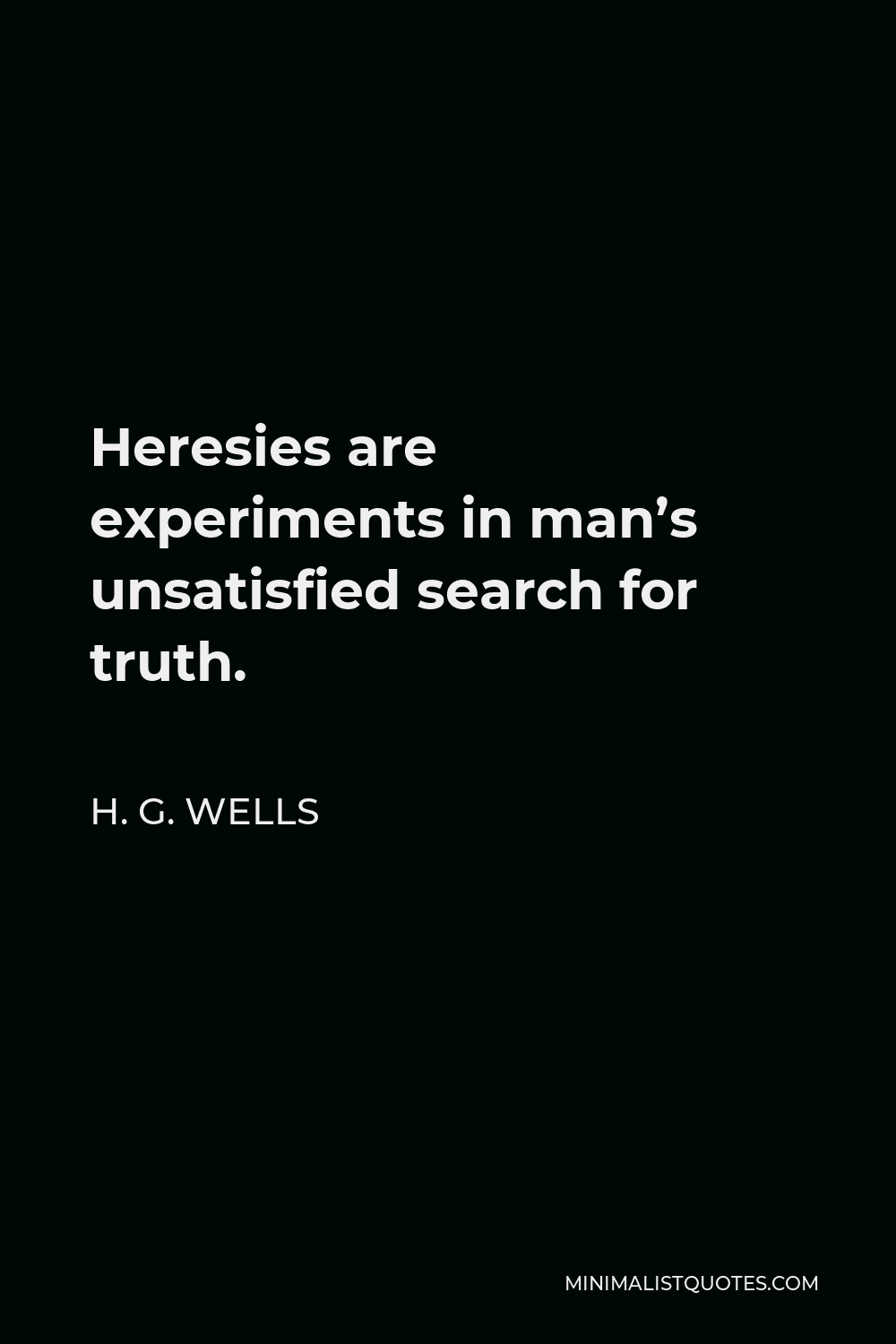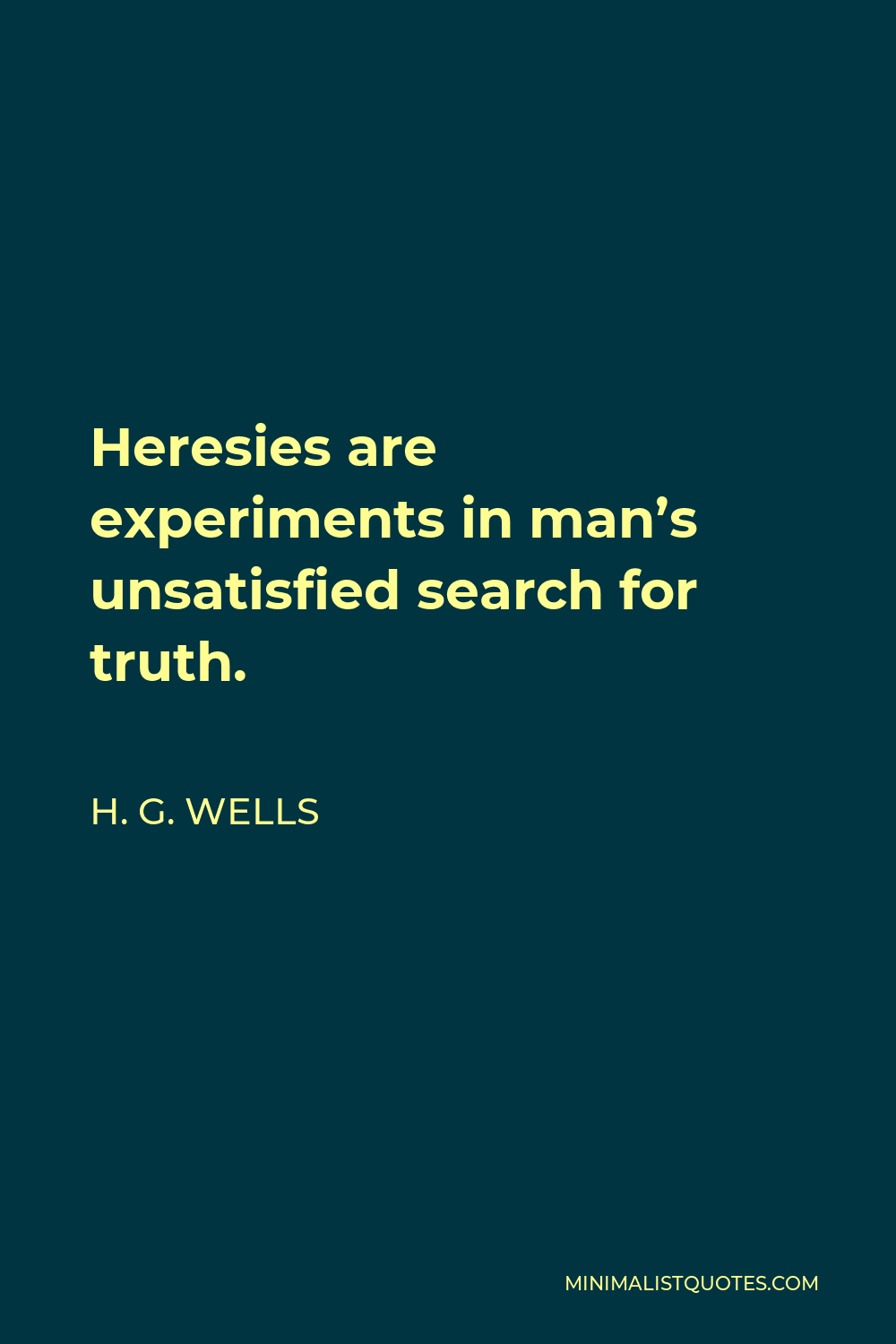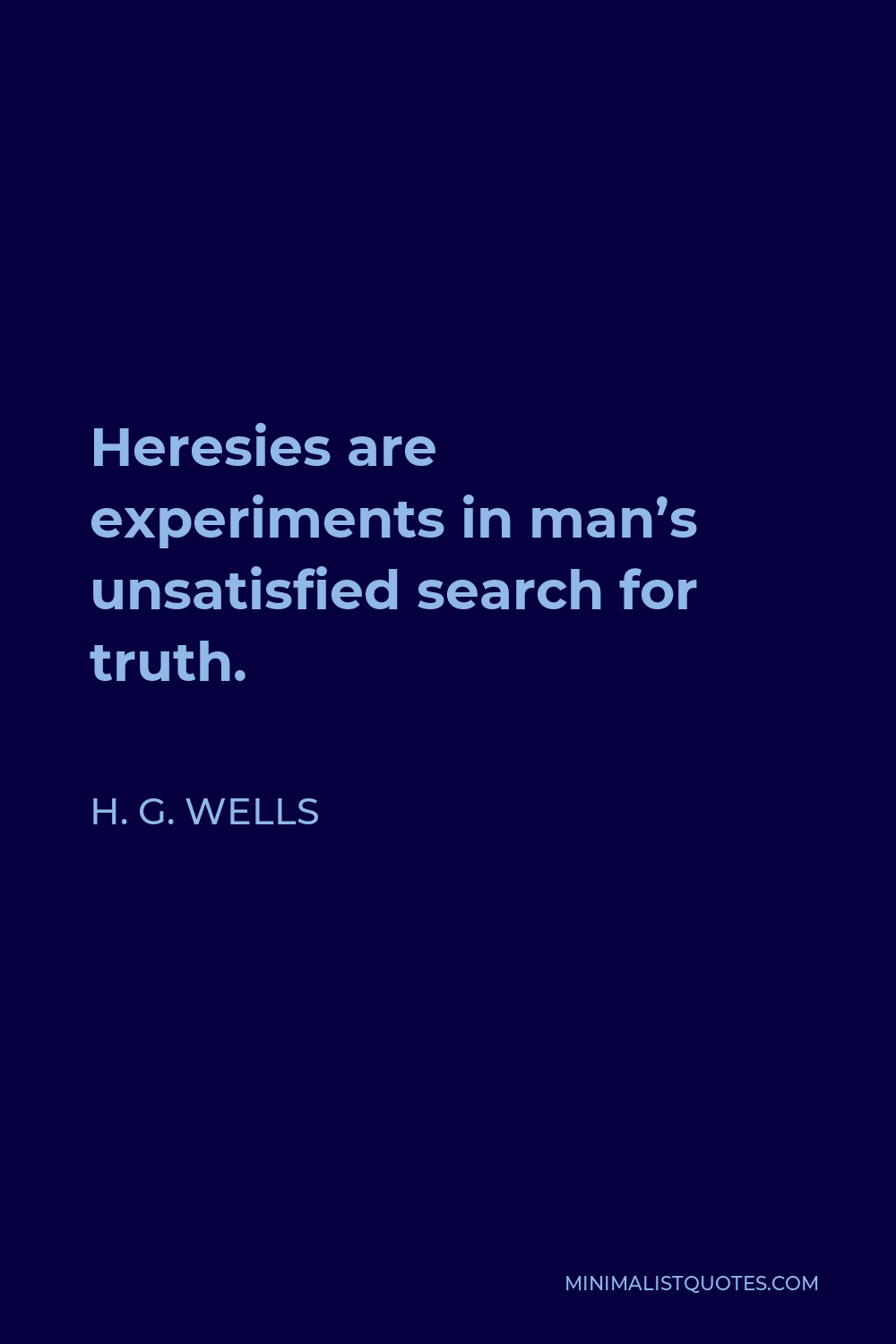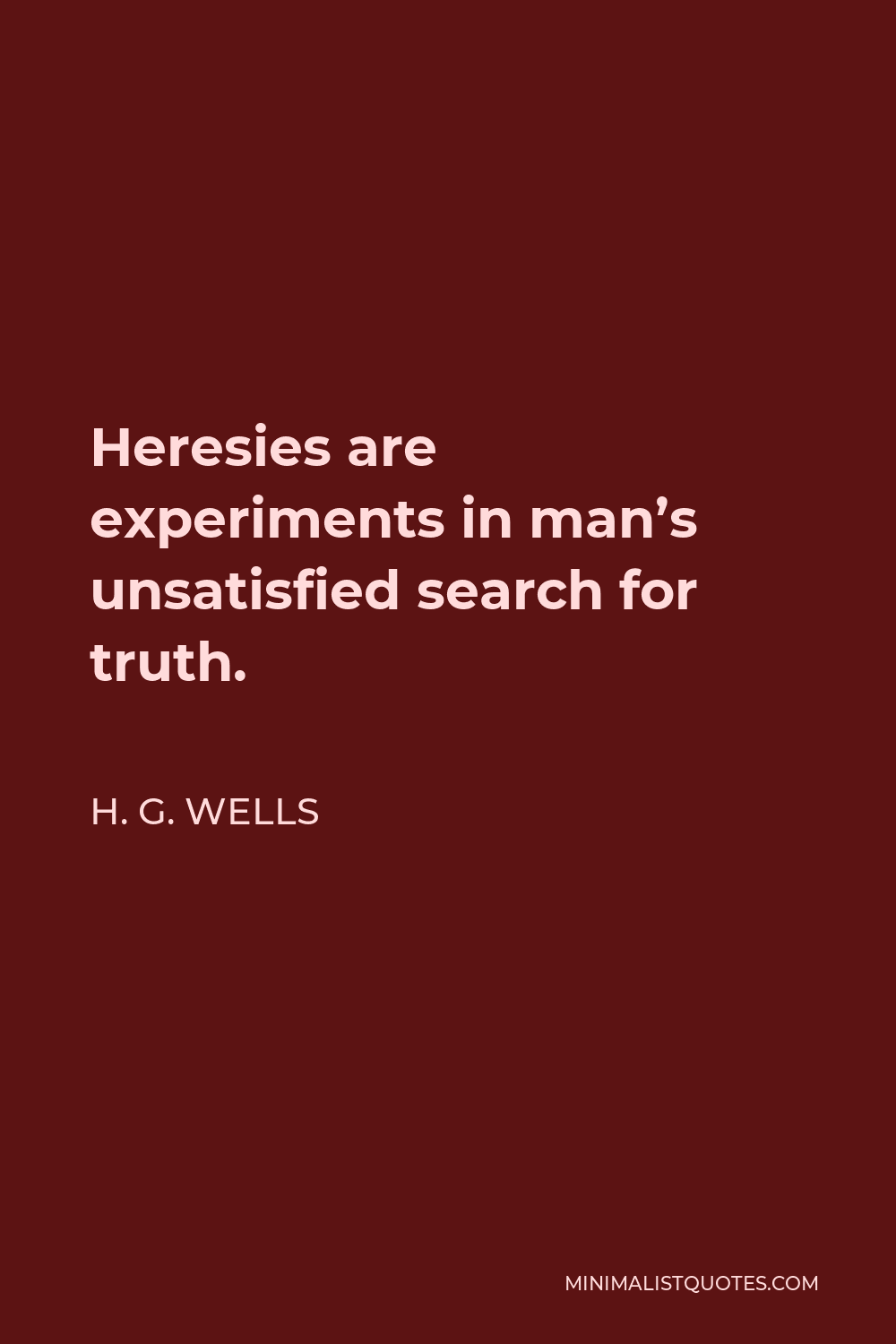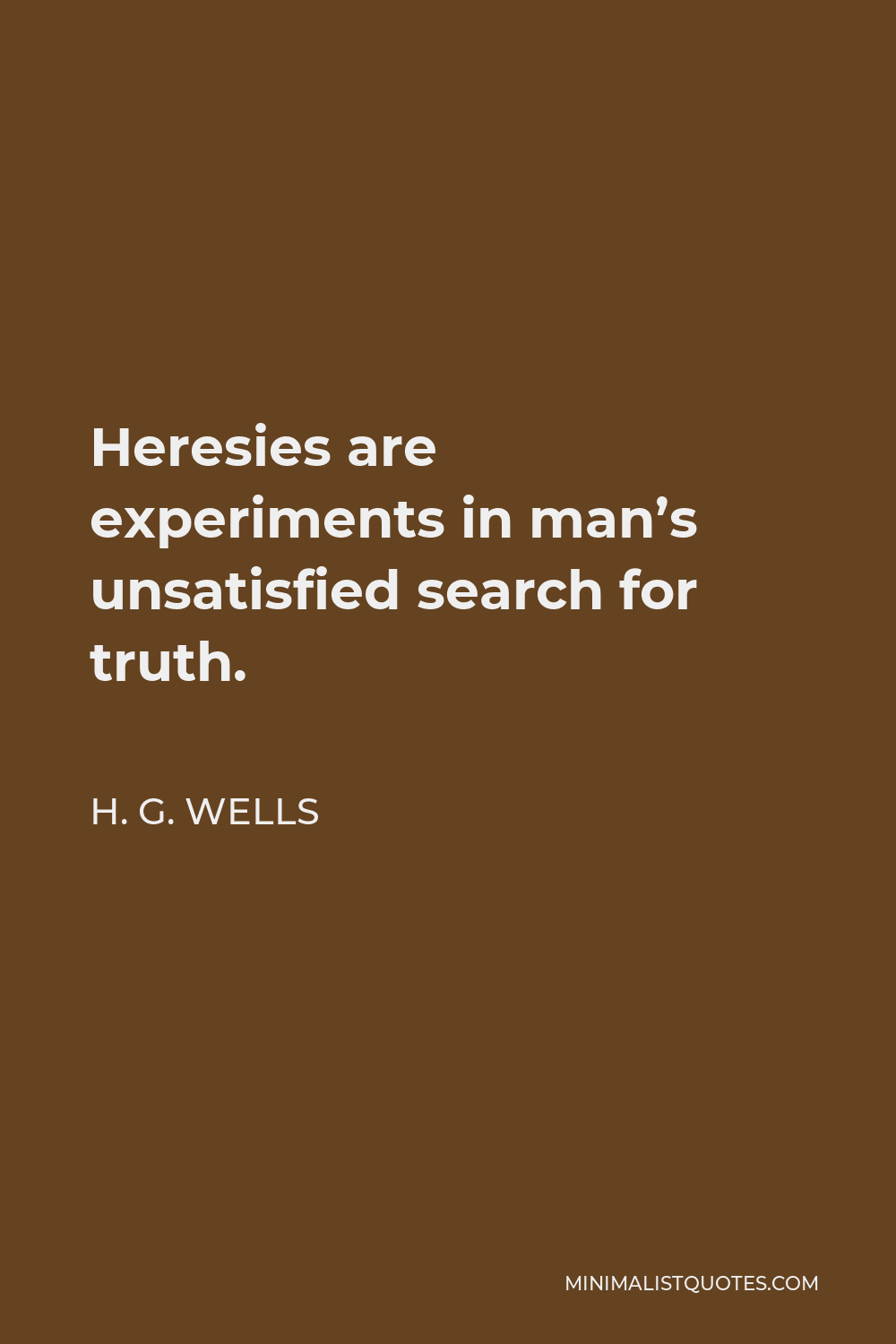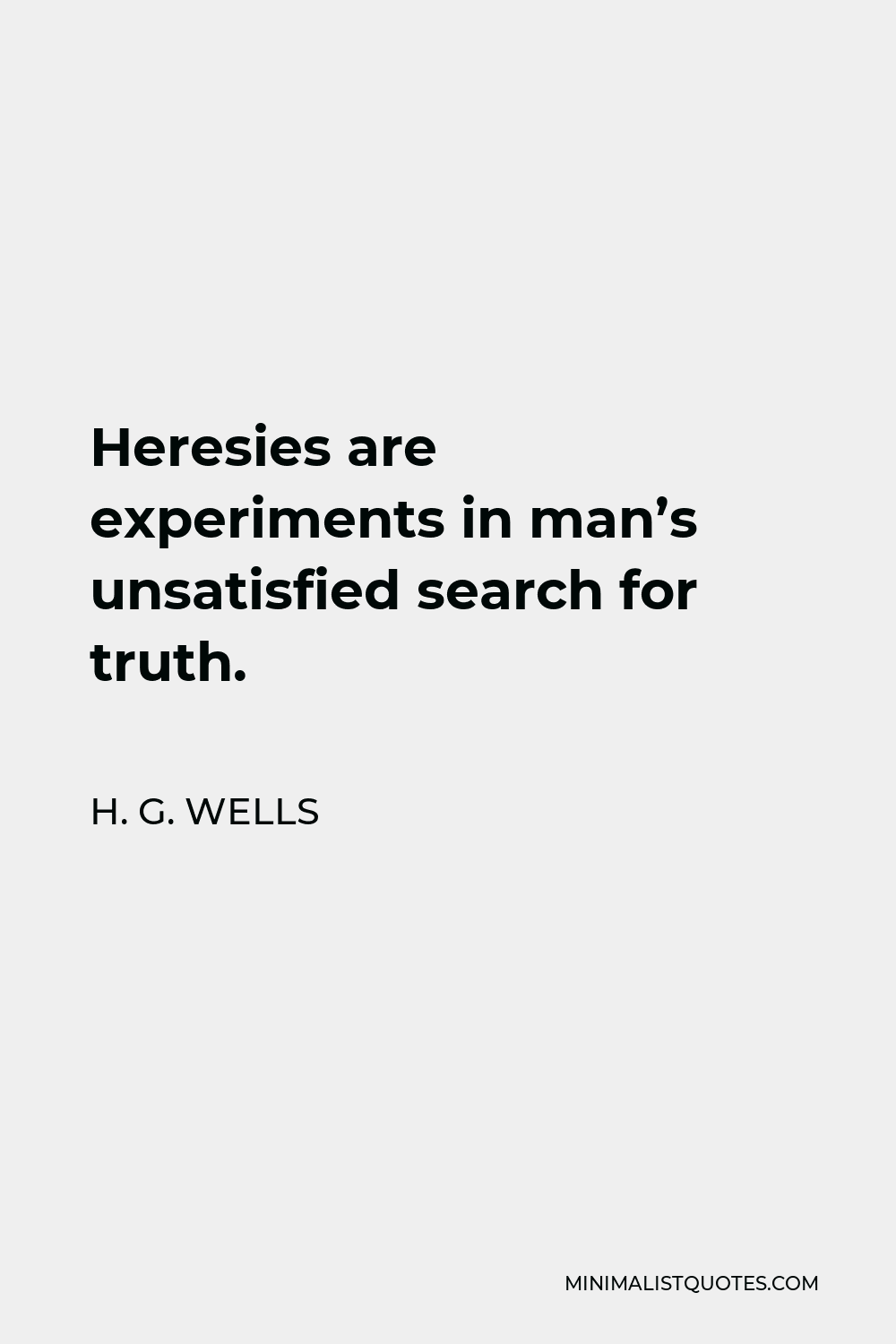If we don’t end war, war will end us.
H. G. WELLSHeresies are experiments in man’s unsatisfied search for truth.
More H. G. Wells Quotes
-







-





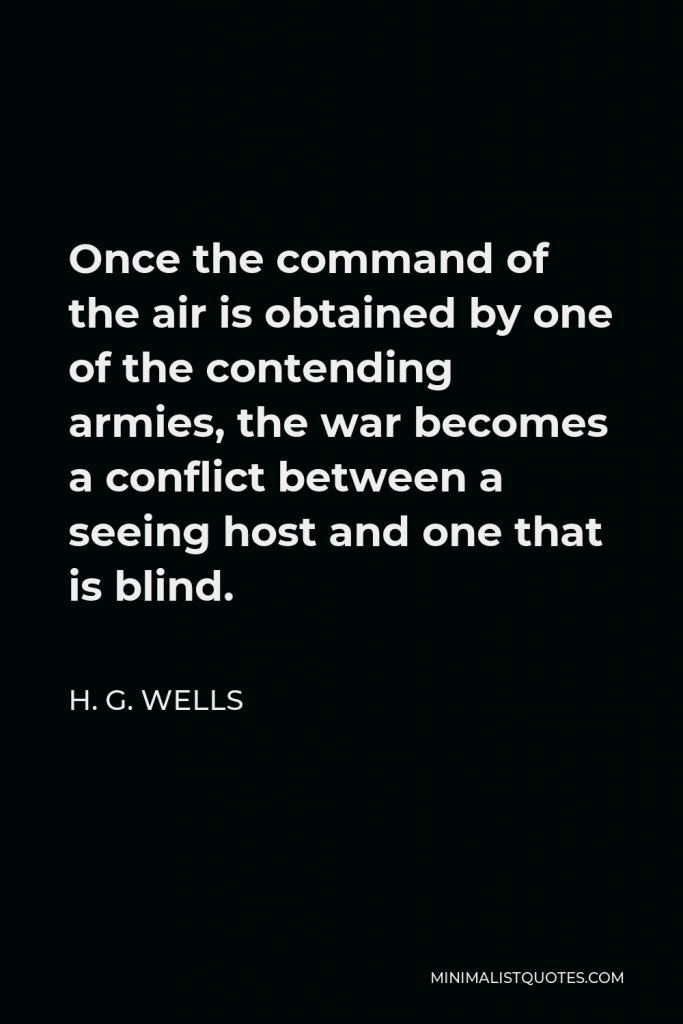

Once the command of the air is obtained by one of the contending armies, the war becomes a conflict between a seeing host and one that is blind.
H. G. WELLS -





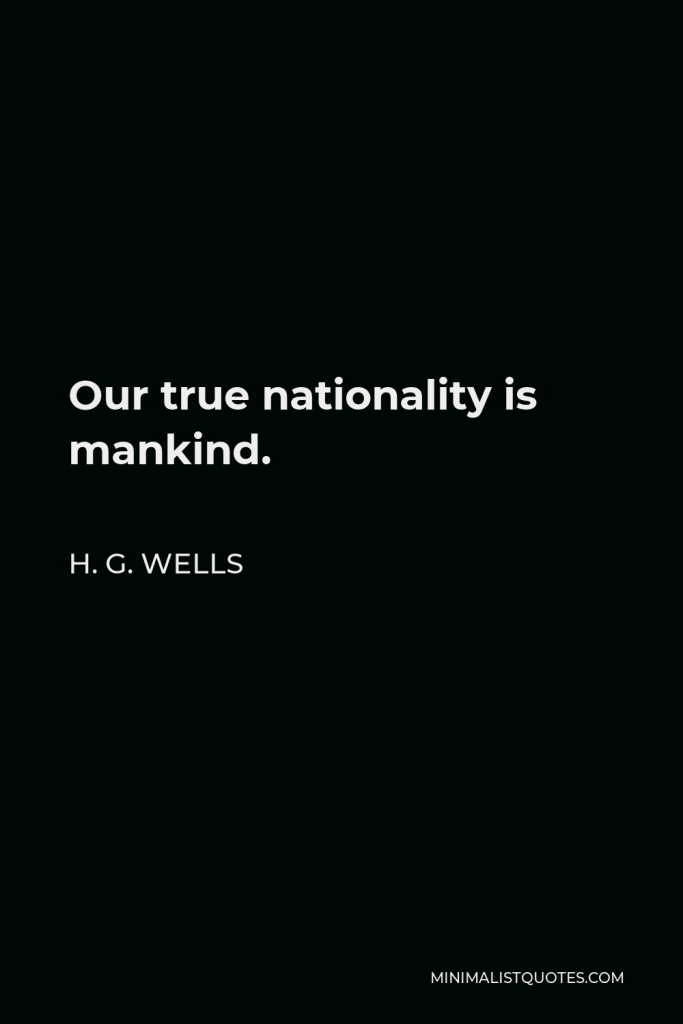

Our true nationality is mankind.
H. G. WELLS -





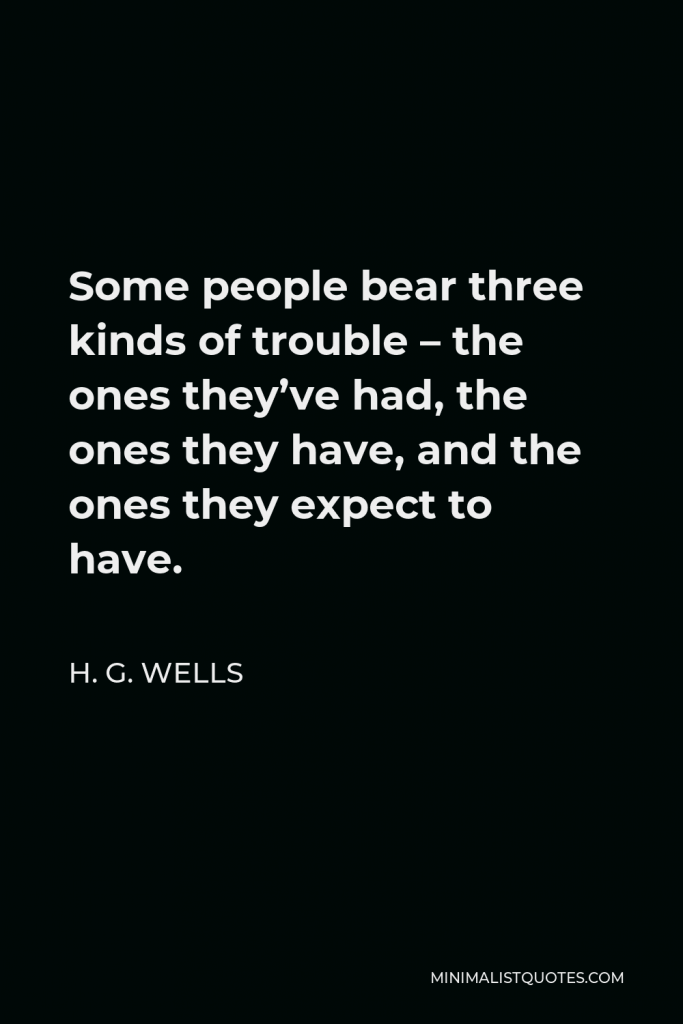

Some people bear three kinds of trouble – the ones they’ve had, the ones they have, and the ones they expect to have.
H. G. WELLS -





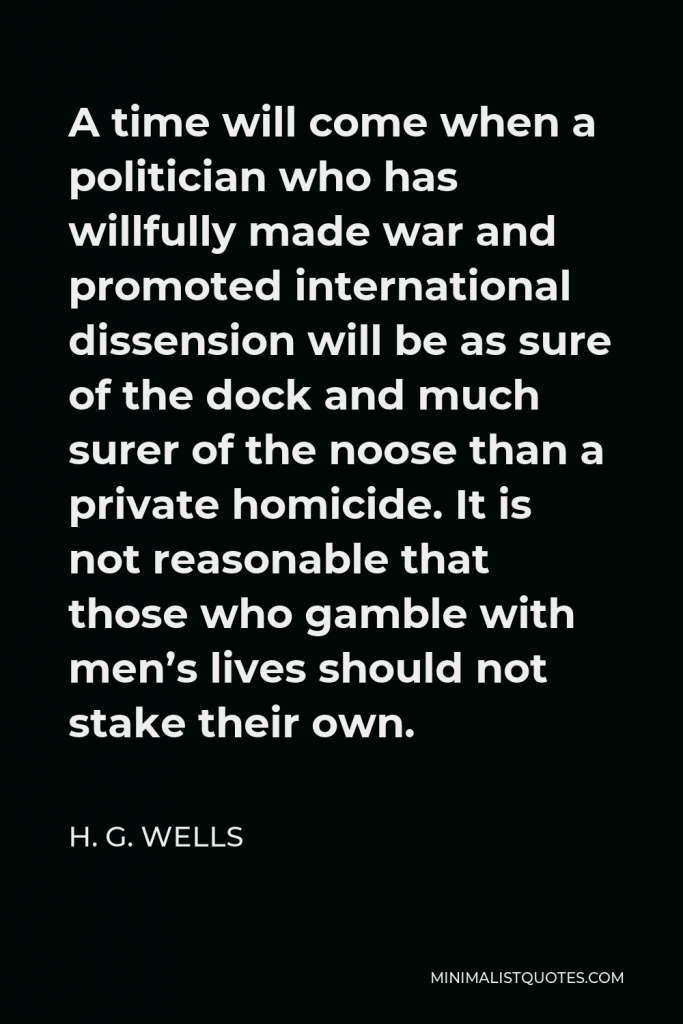

A time will come when a politician who has willfully made war and promoted international dissension will be as sure of the dock and much surer of the noose than a private homicide. It is not reasonable that those who gamble with men’s lives should not stake their own.
H. G. WELLS -





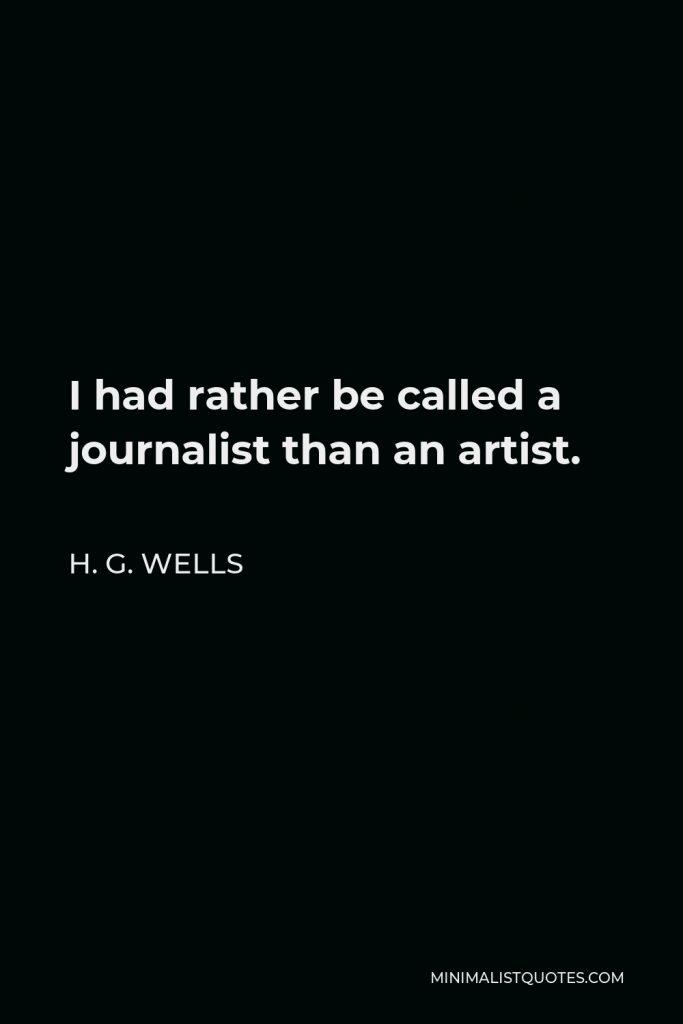

I had rather be called a journalist than an artist.
H. G. WELLS -





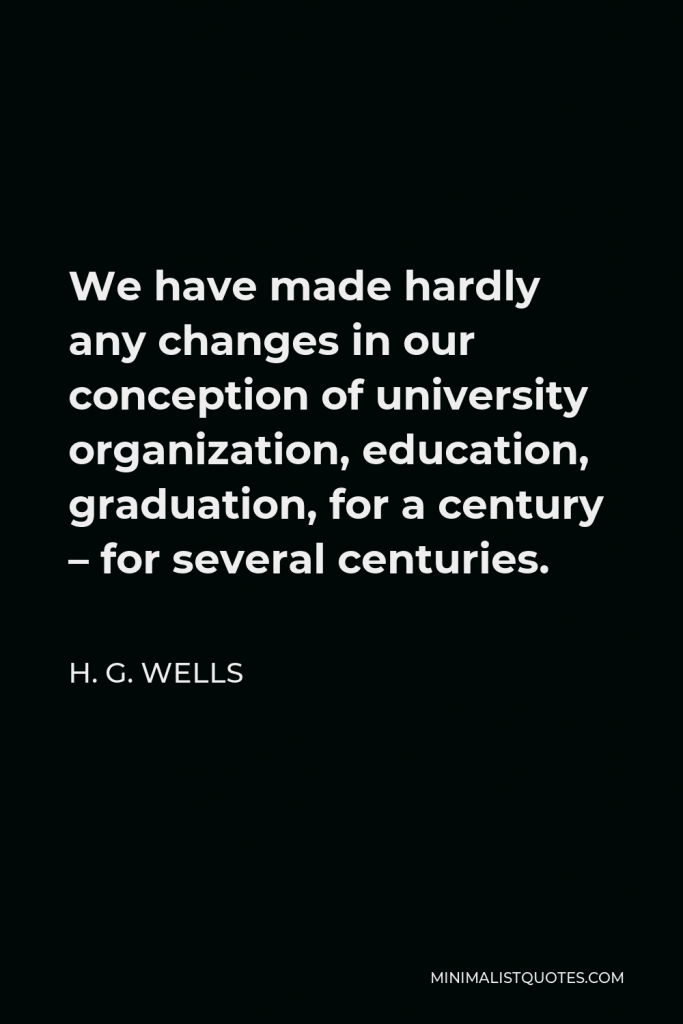

We have made hardly any changes in our conception of university organization, education, graduation, for a century – for several centuries.
H. G. WELLS -





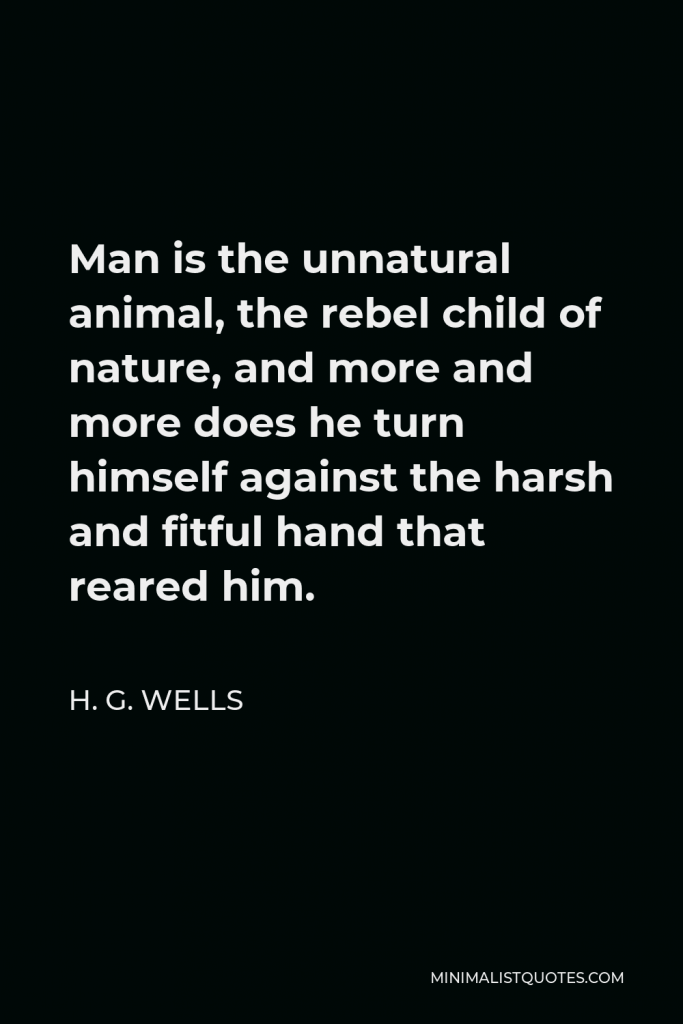

Man is the unnatural animal, the rebel child of nature, and more and more does he turn himself against the harsh and fitful hand that reared him.
H. G. WELLS -





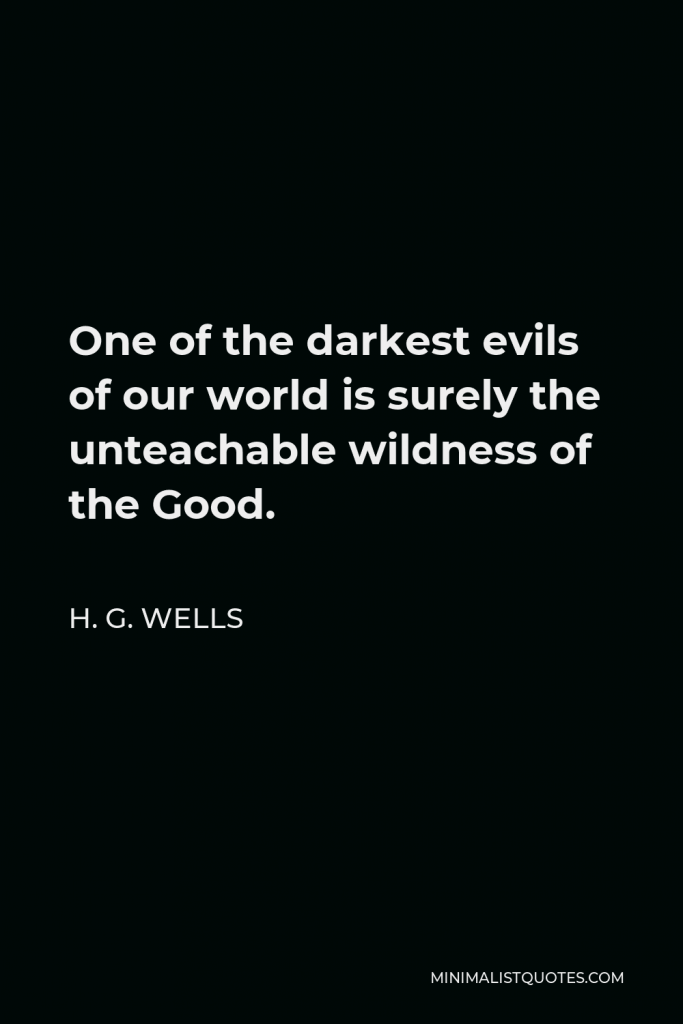

One of the darkest evils of our world is surely the unteachable wildness of the Good.
H. G. WELLS -





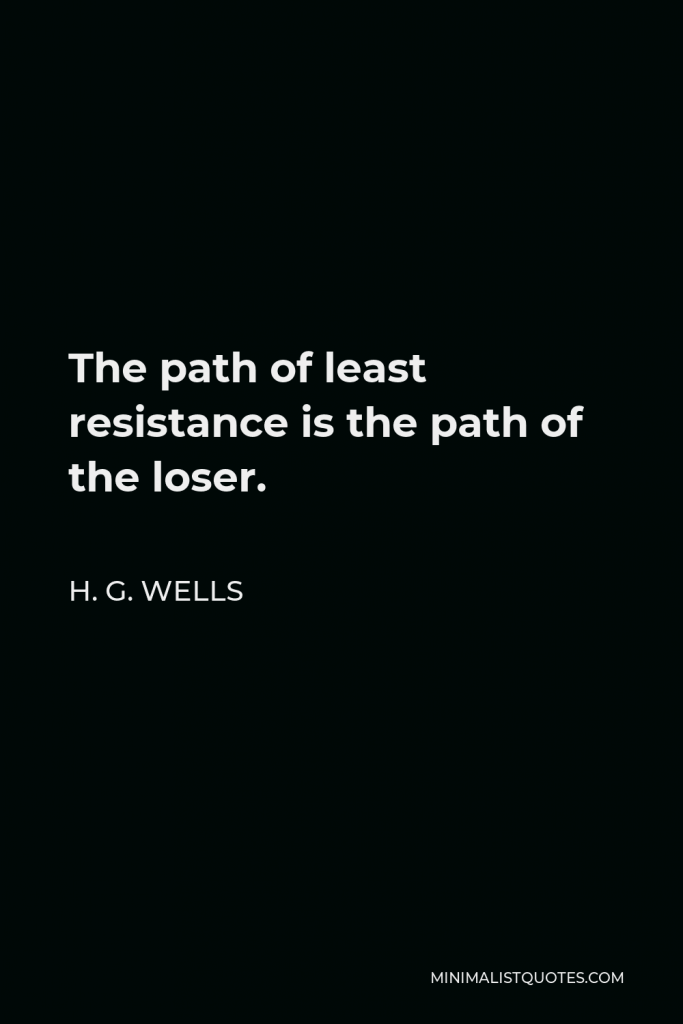

The path of least resistance is the path of the loser.
H. G. WELLS -





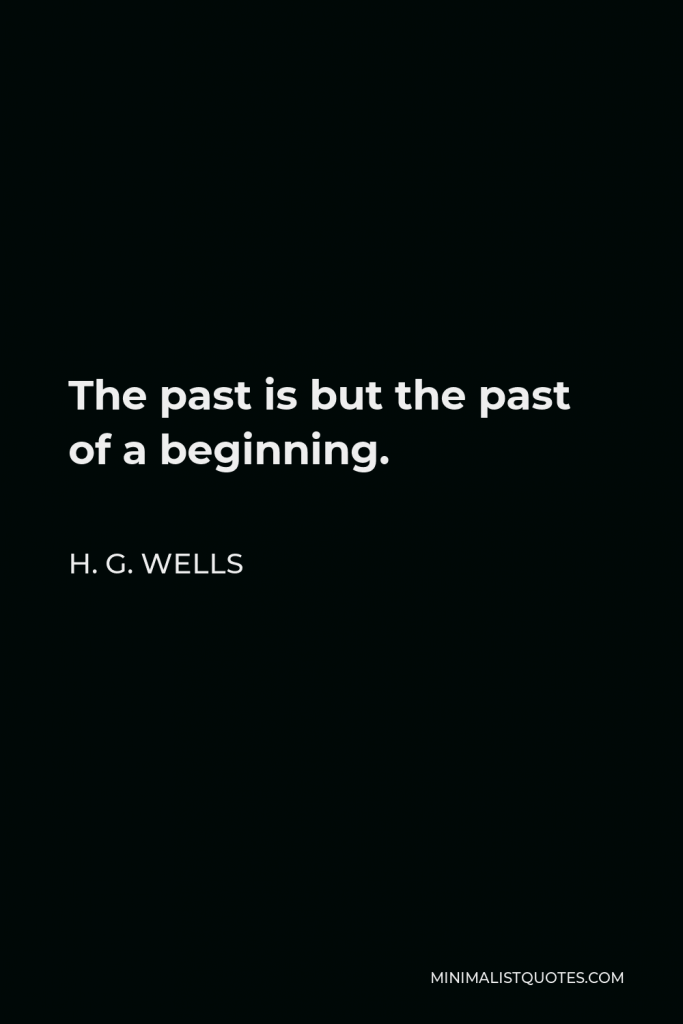

The past is but the past of a beginning.
H. G. WELLS -





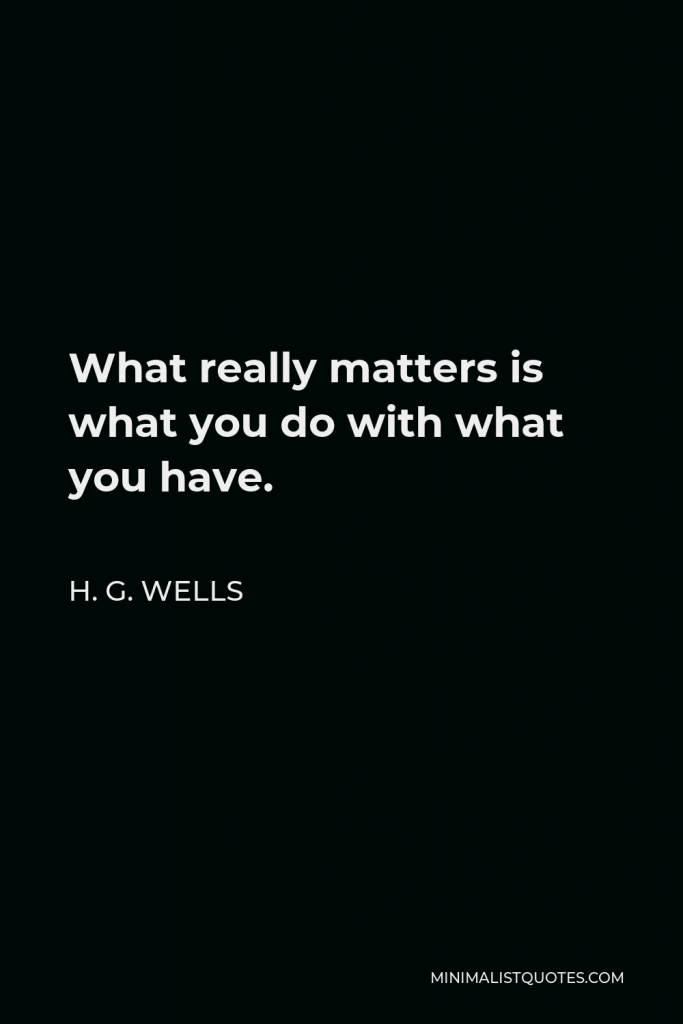

What really matters is what you do with what you have.
H. G. WELLS -





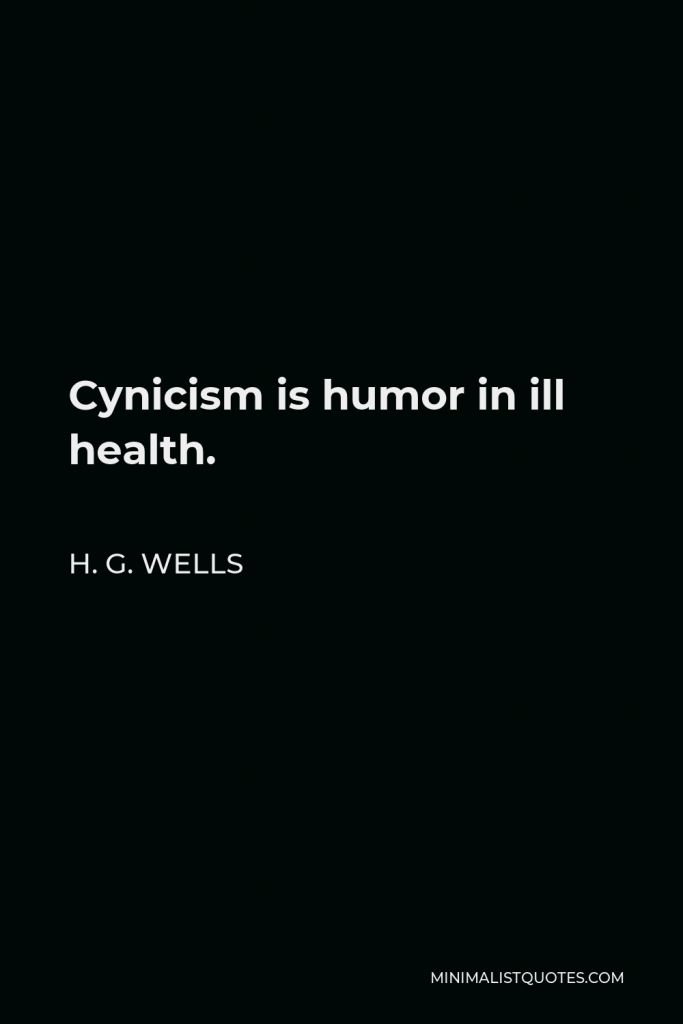

Cynicism is humor in ill health.
H. G. WELLS -





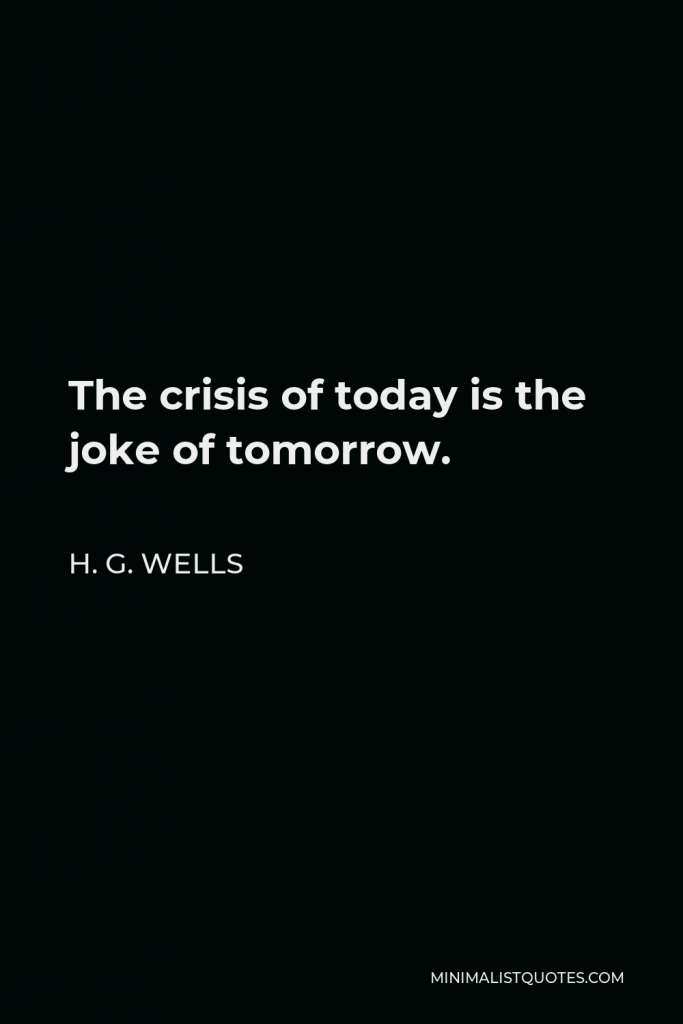

The crisis of today is the joke of tomorrow.
H. G. WELLS -





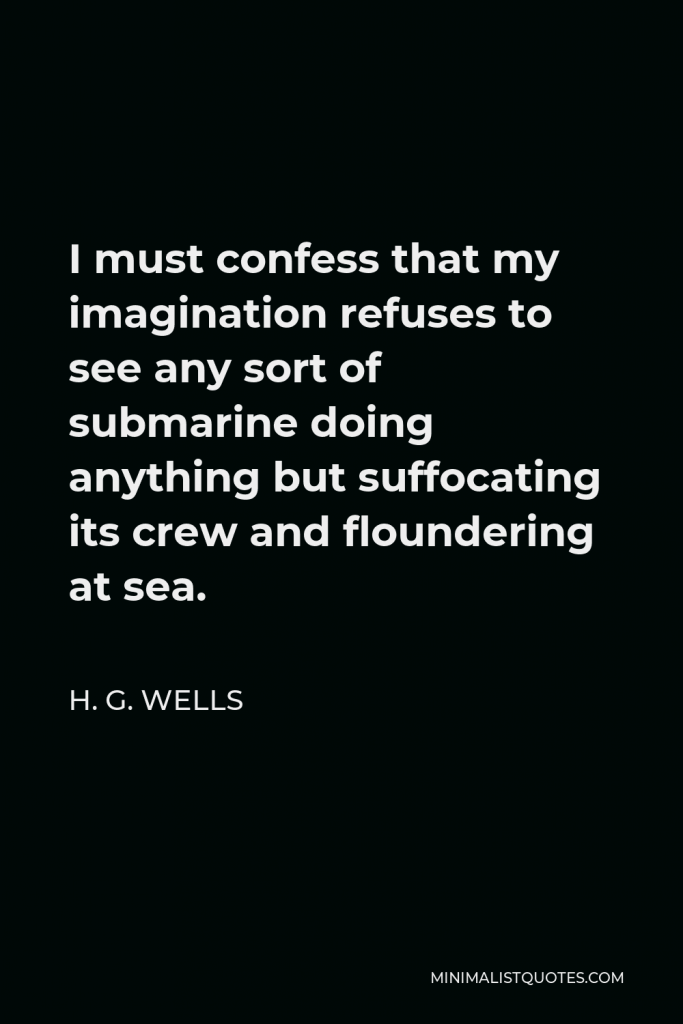

I must confess that my imagination refuses to see any sort of submarine doing anything but suffocating its crew and floundering at sea.
H. G. WELLS -





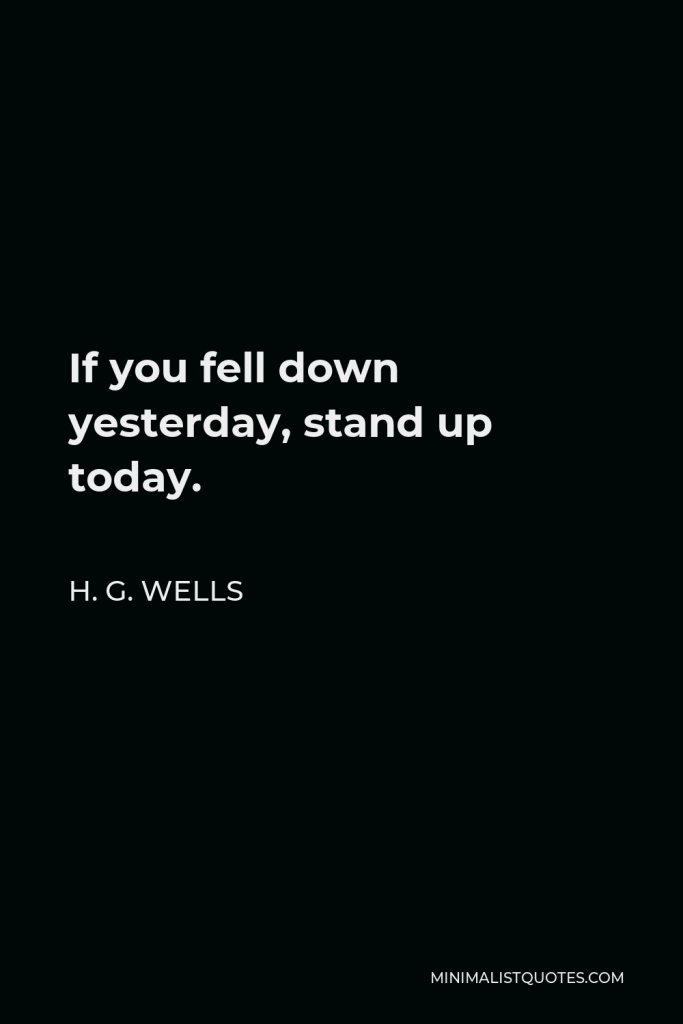

If you fell down yesterday, stand up today.
H. G. WELLS
